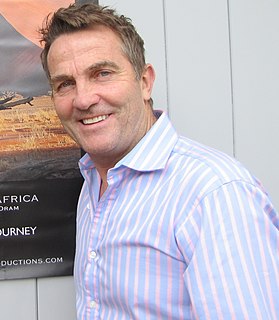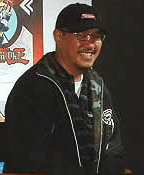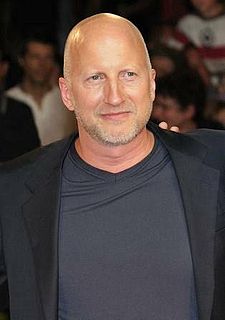A Quote by Bryan Lee O'Malley
I really like the look of old '70s and '80s Japanese comics, so I think that style is something I will continue to draw.
Related Quotes
I recently wrote a piece on comics in architecture - I was talking about the three kinds of comics I pay attention to: the Franco-Belgian, the Japanese manga, and the American comics. I started thinking about the relationship between Japanese manga and Japanese architecture, or Franco-Belgian bande dessinée versus Franco-Belgian architecture, it began to make sense; there are parallels to the modes of operations and the cultures they belong to. If I didn't force myself to write, I would have no forum to clarify these thoughts. Writing is really helpful.
In early comics, you see the amazing awkwardness and bizarre reasoning in the storyline, and it's because comics hadn't really been invented yet. There was no format for them to follow. They were just making it up. So I try to incorporate that kind of awkwardness in my comics quite frequently, which is odd. In some ways, I can't be as awkward as I'd like. But I do think that's one way in which my comics are unusual, because I will try to make the artwork look bad, occasionally.
I often put any project I write in a different decade just to roll the thought around in my head. There's a thriller I've written that I think would be nice to set in the '70s or '80s, just to take cell phones away from the movie. There's nothing like the piercing ring of an old-school telephone to really scare an audience.

































